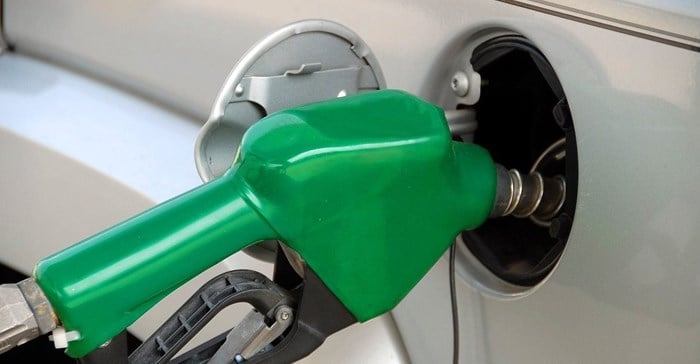Massive fuel hikes well above R1/l are on the cards for all grades of fuel going into March.
This is according to the Automobile Association (AA) which was commenting on fuel price data released recently by the Central Energy Fund (CEF).
“The data is showing an increase of R1.25 a litre for 95 octane petrol, R1.24 a litre for 93 octane, R1.29/l for diesel and a significant increase of R1.22/l for illuminating paraffin,” says the AA.
An analysis of the movement in fuel prices so far in February shows international petroleum prices are contributing entirely to the expected increases with the stronger Rand buffering what would have been more significant increases.
“The Rand is currently trading in a more positive band than it has for some weeks with the local currency shaving around 17 cents off oil’s negative movement. Without this, the expected increases could have been between R1.40/l and R1.47/l for fuels across the board,” the AA notes.
Petrol prices to skyrocket
Given the current outlook, petrol prices in South Africa will skyrocket above R21 for the first time, with 95 octane petrol in Gauteng costing around R21.39/l and 93 octane petrol costing R21.13/l, outstripping the record high of R20.42/l in December last year. The coastal price of 95 octane will also breach the R20/l mark for the first time rising to R20.67/l based on the current data. Diesel and illuminating paraffin will also increase to levels never before seen.
Seen year-on-year, these increases forecast by the CEF show substantial percentage increases from March 2021.
The price of 95 octane petrol inland, for instance, could rise from R16.32 a year ago to R21.39 in March 2022, a 31% increase. The cost of diesel could rise from R14.12 in March 2021 to R19.33 in 2022 – a 37% hike.
Paraffin users hardest hit
The biggest leap, though, is in illuminating paraffin (IP) – a fuel used by many for heating, cooking and lighting. In March 2021, the cost of IP stood at R8.45/l. Considering the expected increase of R1.22/l for this fuel, the price in March 2022 could reach R13.19/l (off its current price of R11.97/l), which would represent a whopping 56% increase year-on-year.
Although the expected increases are significant, Efficient Group chief economist Dawie Roodt notes they are in line with current economic data.
“These increases aren’t unexpected, and they are supported by the numbers, especially those related to international oil prices,” he says.
Relief would be welcome
“Naturally we are concerned about these expected increases which will undoubtedly put more pressure on already stretched consumers. These hefty increases also reaffirm our belief that a review of the fuel price is necessary to establish if there are any components within the current pricing model that can be revised to mitigate against rising costs.
“In addition, we again call on the Minister of Finance to strongly consider calls not to increase the General Fuel and Road Accident Fund levies in his Budget Speech this week. Any relief – even in the form of non-increases – would be welcome to a consumer base already reeling from economic hardship.”







































